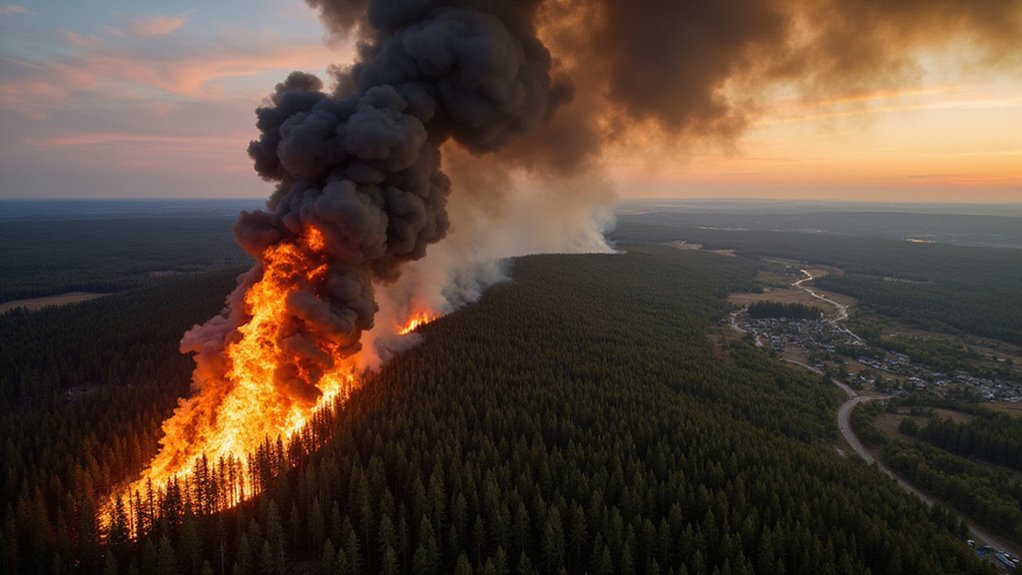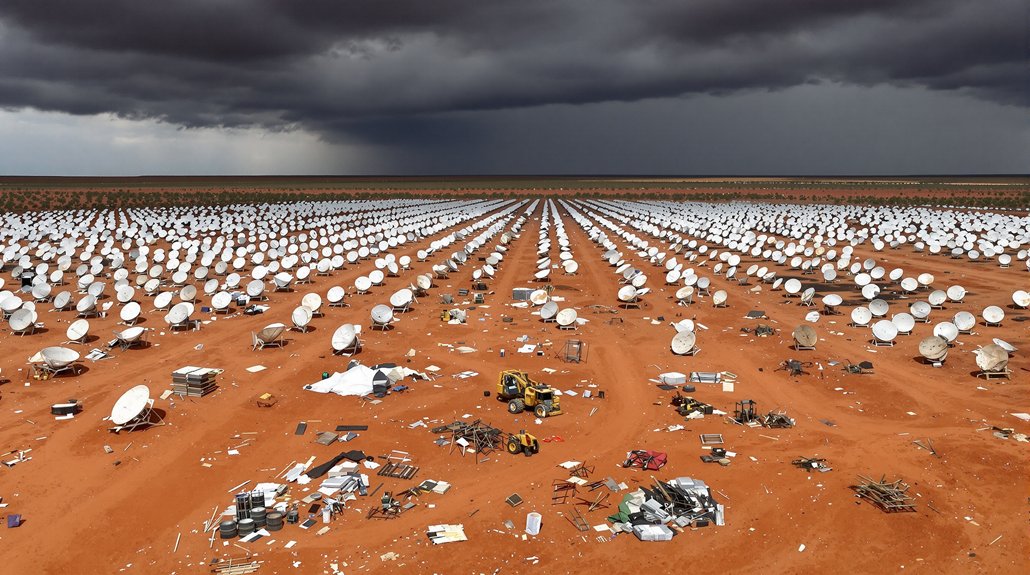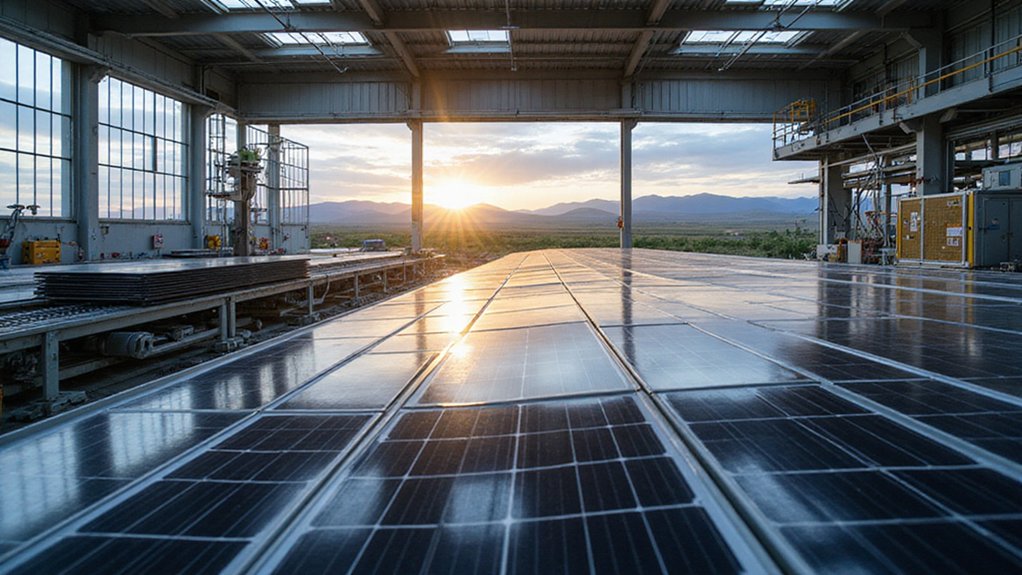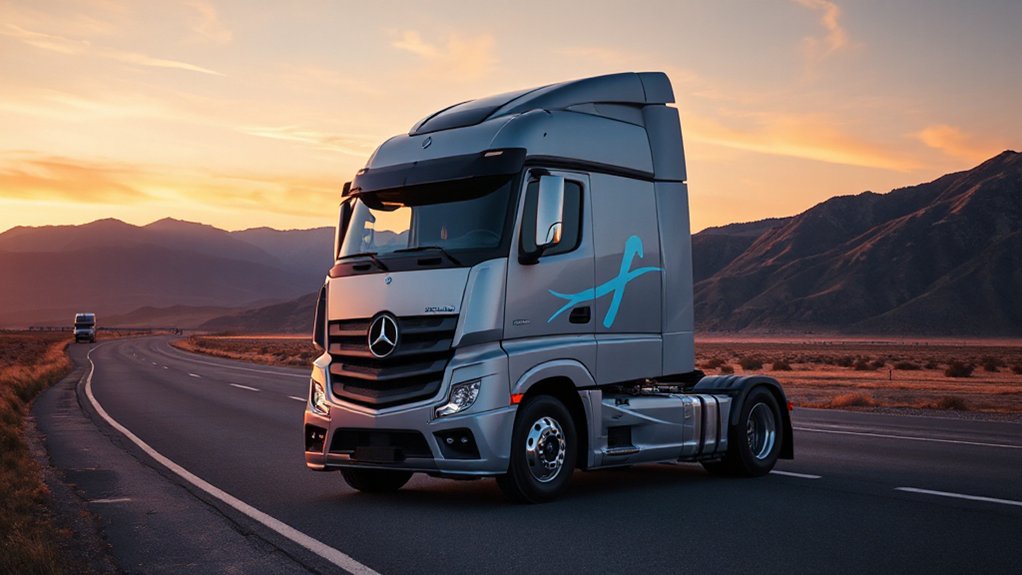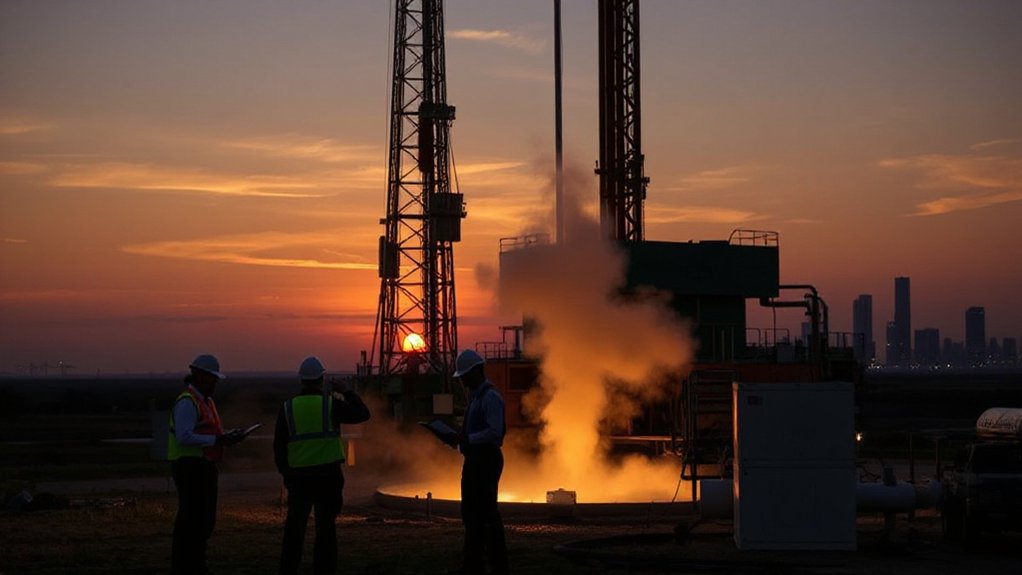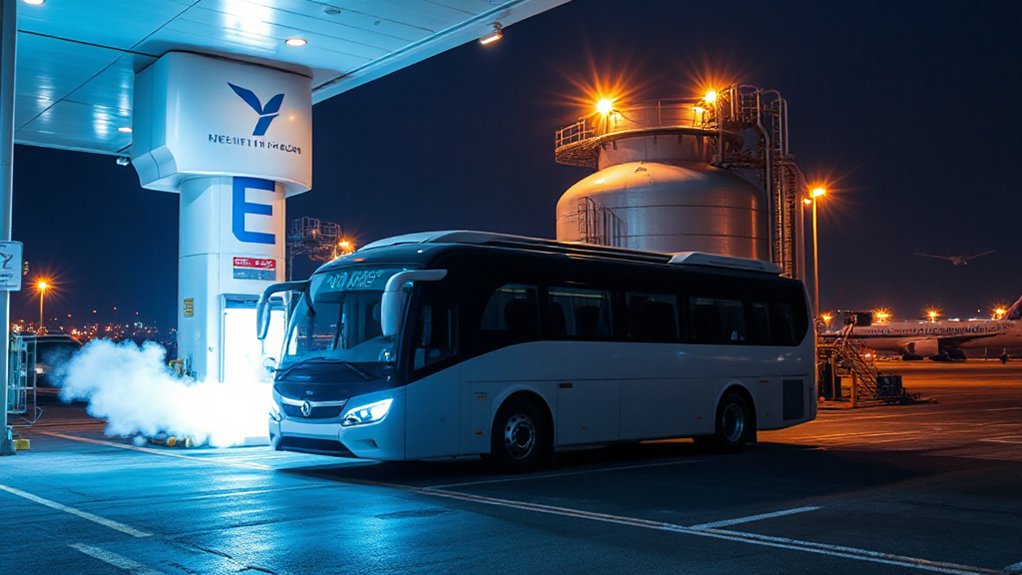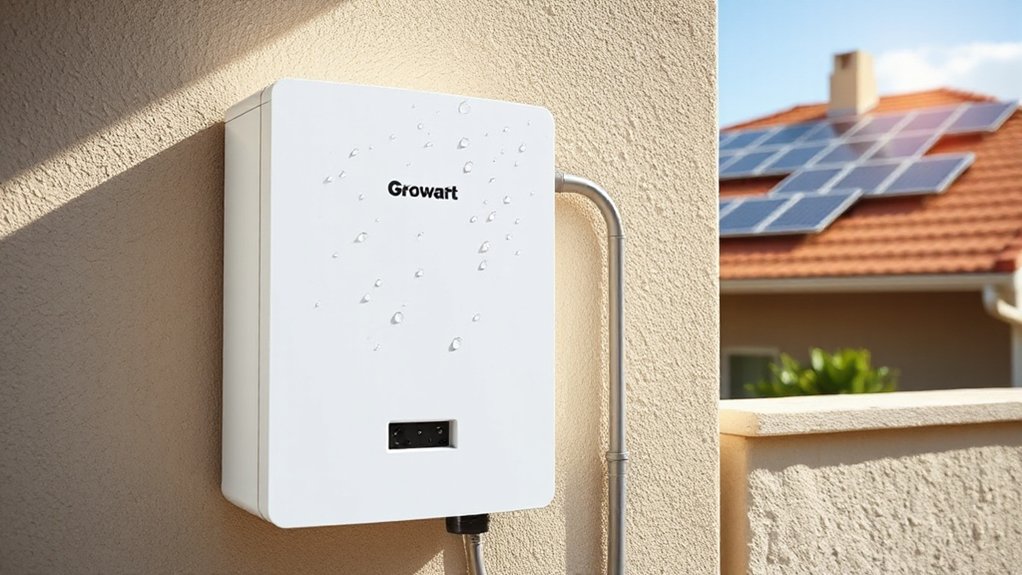The Texas House just crushed three major anti-solar bills that would’ve strangled the state’s booming renewable energy industry. SB 819, SB 388, and SB 715 all died quiet deaths when the House let legislative deadlines pass without action. Good riddance.
These weren’t minor tweaks to energy policy. SB 819 wanted to pile unprecedented restrictions on wind and solar projects while leaving fossil fuel plants untouched. Real subtle. The bill demanded burdensome permits and environmental requirements that would’ve made new renewable projects nearly impossible to build. Beyond permits, SB 819 also sought to impose fees on renewable energy producers that would have further undermined project economics.
Meanwhile, SB 388 tried to force half of all new generation to be “dispatchable” power – and get this – they specifically excluded battery storage from counting. Because apparently batteries storing solar power don’t count as reliable energy.
SB 715 was perhaps the most ridiculous, demanding existing renewable installations add backup power. Translation: make solar and wind projects so expensive they can’t compete.
The fossil fuel crowd in the Texas Senate pushed hard for these bills, dressing them up as wildlife protection and grid reliability measures. Nobody bought it. The House recognized what killing renewables would actually mean: higher energy costs, potential blackouts, and economic disaster for rural communities that depend on lease payments and tax revenue from solar and wind farms.
Fossil fuel senators dressed up their anti-renewable crusade as environmental protection. Nobody bought it.
Texas ranks second nationally in wind and solar capacity. The state’s $50 billion solar industry creates jobs and helps meet surging power demands from population growth. Renewables have become essential for grid stability, especially during extreme weather. In fact, 92% of Texas’s increased energy supply over the last four years came from solar, wind, and battery storage. Choking off that capacity now would be economic suicide.
Industry leaders and clean energy advocates fought these bills hard, warning about the consequences. Rural landowners who collect checks from solar leases made their voices heard too. The message got through. Georgia’s remarkable 41-fold solar increase since 2015 demonstrates what’s possible when states embrace clean energy rather than fighting it.
The House’s inaction preserves Texas’ pro-business reputation and keeps the door open for continued renewable deployment. With energy demand skyrocketing, Texas needs every megawatt it can get. Killing the fastest, cheapest form of new generation would’ve been monumentally stupid. At least the House figured that out.
References
- https://electrek.co/2025/05/28/texas-just-shot-its-wind-solar-boom-in-the-foot-on-purpose/
- https://news.solardukan.com/anti-solar-bills-fail-in-texas-house/
- https://pv-magazine-usa.com/2025/05/28/texas-legislature-passes-bill-to-expedite-solar-energy-storage-permitting/
- https://cleantechnica.com/2025/05/19/texas-welcomes-more-solar-factories-despite-anti-solar-lawmakers/
- https://seia.org/news/solar-industry-statement-on-texas-senate-passing-bill-that-will-harm-needed-energy-generation/

